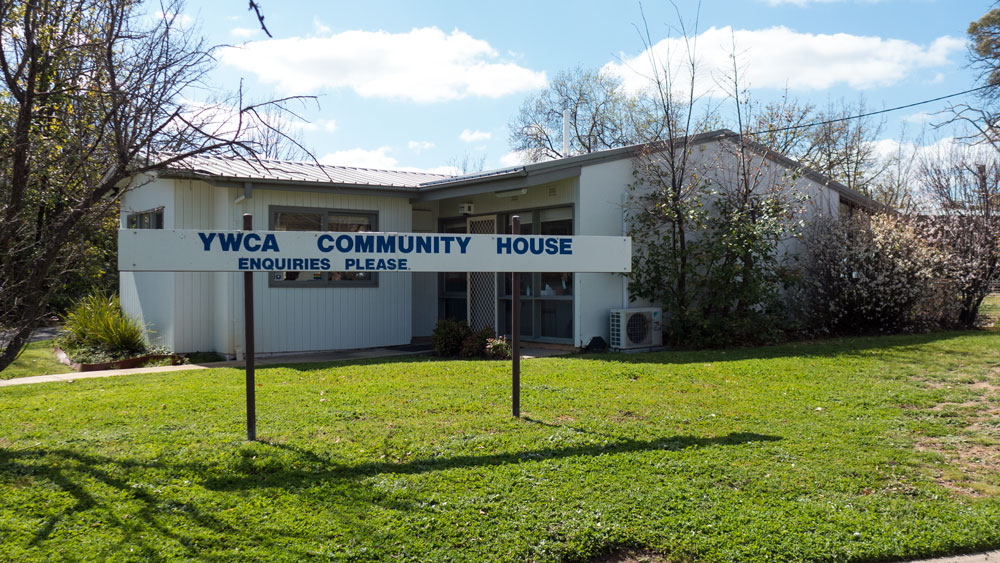
“Once community land meant it was for wider community use. This government has ruled that housing is community use. They neither understand community needs or value parklands,” writes “Canberra Matters” columnist PAUL COSTIGAN.
WHEN the ACT government announced it had approved the development application by the YWCA to build social housing on its leased corner of Bill Pye Park in Ainslie, there was a collective sigh of frustration from residents.
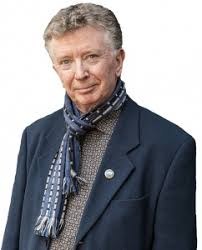
This was exacerbated by the inevitable media statements that quickly appeared using the predicable worthy words to justify this decision.
Yet again the government has made a political decision that is about the cheapest options (use community land/parklands) despite the consequences.
In principle, residents agree that such social housing is a priority – just not on this community site. And what about the views of those affected, the nearby residents? Ignored and misrepresented.
This Ainslie decision is a repeat of the political decision to build social housing on section 72, Dickson, despite the evidence about why that was so wrong. What would the local community know?
The placing of social housing on community designated land and parklands has become the norm for this Labor/Greens government. Once community land meant it was for wider community use. This government has ruled that housing is community use. They neither understand community needs nor value parklands.
This patronising approach involves a lack of respect for residents and a diminishing of their role in the shaping of their neighbourhoods. Someone else knows better!
Inner-north residents agree with the urgency for massive increases in the provision of good-quality social housing throughout the suburbs. Many of these same residents have advocated for this government to address the undersupply of social housing given how this has not been adequately addressed by several ACT Labor/Greens coalition governments. These same residents would like to be rejoicing about more well-designed social housing being provided in their precinct. They are not.
Those uttering the worthy words have blinkers on when it comes to equity and respect. They have cherry picked the values they address.This is not new in the history of advocacy for social change.
The beginning of the 20th century saw artists and others at the forefront of questioning social structures and government actions. Being socially aware at that time did not mean paying much attention to equity for women and people of non-European cultures.
A quick search of web pages for the YWCA reveals a fantastic commitment to addressing issues for women – those matters that our governments should be dealing with more seriously.
The YWCA is doing a great job on these complicated issues. But, as with many before them, they cannot see that they have blinkers on and that they are achieving the goals at the cost of equally important equity issues.
They are not alone in this. Many organisations close to this government have compromised on basic principles in order to achieve their own organisational aims and, likewise, assist the government to improve its profile – and get elected.
For those pushing for social housing next to Bill Pye Park, the equity and social issues of getting housing for women should not be achieved at the cost of the respect for and the equity issues of those who live nearby.
There are alternative ways that this housing could be achieved within Ainslie and such achievements would be embraced by locals.
Alternative placements of housing provision may not deliver a program for the YWCA but could still deliver the much-needed social housing in Ainslie for women.
The sticking point being that residents want community facilities on Bill Pye Park to stay with the community – to be accessed by all – including those in social housing. There are many social-housing residents in this precinct.
Residents’ aspirations are no longer seen as relevant by this government and those agencies who benefit from linked funded government initiatives. A basic principle of organisations working in social arenas should be – Do No Harm.
The people involved in this development decision need to take a long hard look at themselves and question their own blinkered and biased view of the world that underpins and influences otherwise worthy actions. When community and social organisations become developers, bad things happen.
Who can be trusted?
In a world of spin and confusion, there’s never been a more important time to support independent journalism in Canberra.
If you trust our work online and want to enforce the power of independent voices, I invite you to make a small contribution.
Every dollar of support is invested back into our journalism to help keep citynews.com.au strong and free.
Thank you,
Ian Meikle, editor
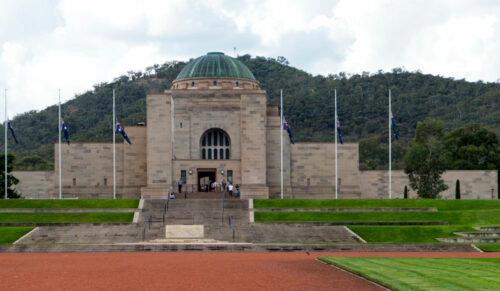
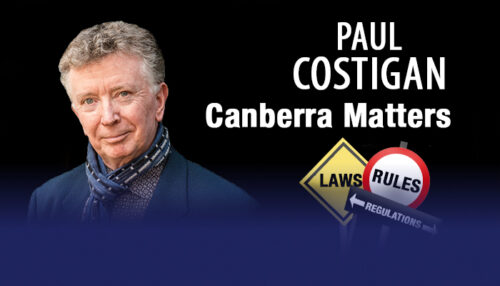
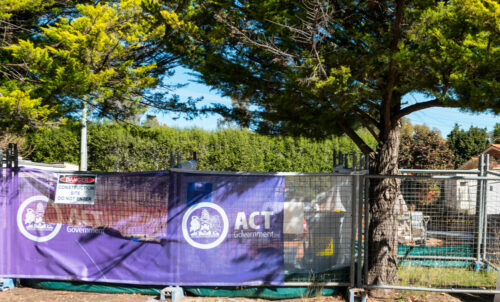





Leave a Reply